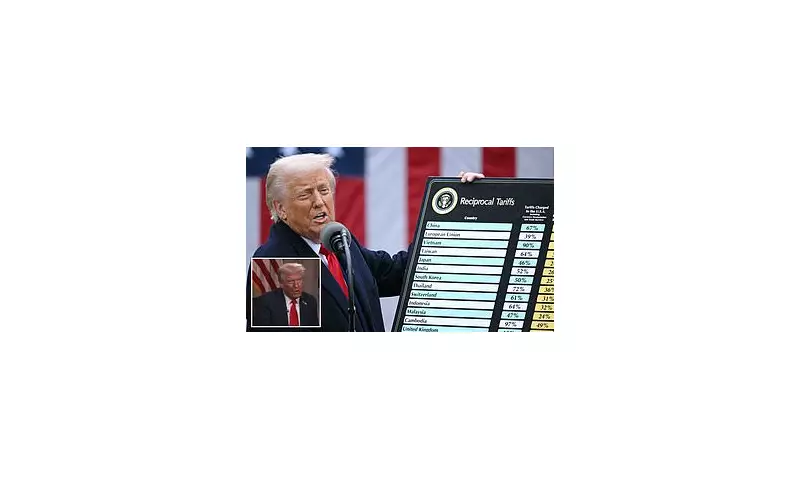
In a dramatic policy announcement that could reshape American economic policy, former President Donald Trump has revealed plans to channel billions in tariff revenue directly to American citizens through regular cash payments.
The Tariff-to-Cash Pipeline
The controversial proposal would see money collected from tariffs on imported goods distributed to American households as direct financial support. This radical approach represents a significant departure from traditional uses of tariff revenue, which typically funds government operations.
"We're going to take that money and send it right back to the American people," Trump declared during a recent campaign appearance, framing the policy as a way to compensate citizens for what he described as "unfair trade practices" by other nations.
Economic Implications and Expert Reactions
Economic analysts are divided on the feasibility and potential consequences of such a scheme. Supporters argue it would put money directly into the hands of consumers, potentially stimulating economic growth.
However, critics warn of several potential pitfalls:
- Increased consumer prices due to higher tariffs
- Potential retaliation from trading partners
- Uncertainty about the actual revenue generated
- Administrative challenges in distribution
Several trade experts have questioned whether tariff collections would be sufficient to fund meaningful payments to all American households.
Political Landscape and Voter Appeal
The announcement comes at a crucial moment in the presidential campaign cycle, with Trump positioning himself as a champion of economic populism. The promise of direct cash payments could resonate with voters facing ongoing cost-of-living pressures.
Political strategists note that the proposal combines Trump's signature protectionist trade policies with tangible benefits that voters can immediately understand and appreciate.
Opponents have been quick to label the plan as an "election gimmick" that overlooks the complex realities of international trade and government finance.
Implementation Challenges
Should Trump return to office and pursue this policy, numerous practical questions would need addressing:
- How would payment amounts be calculated?
- What mechanism would be used for distribution?
- How would the program account for household size and income?
- What safeguards would prevent fraud and abuse?
The proposal signals a potential new direction in how governments might use trade policy to directly benefit citizens, though many details remain unspecified.





